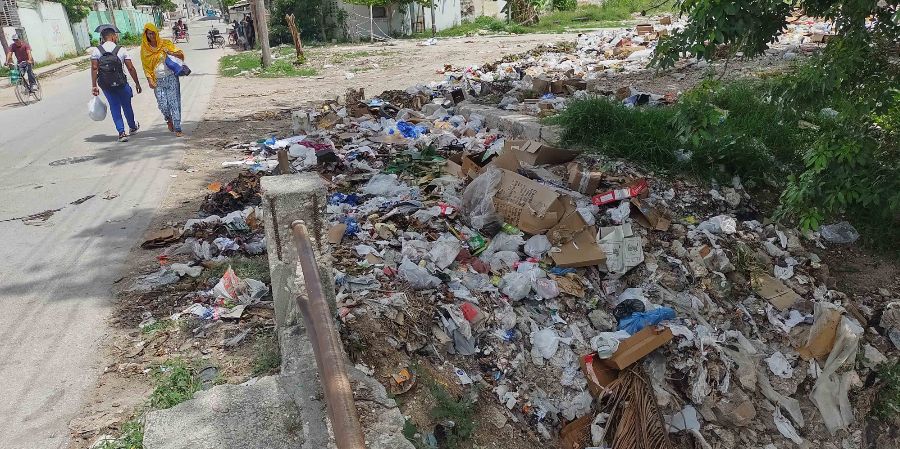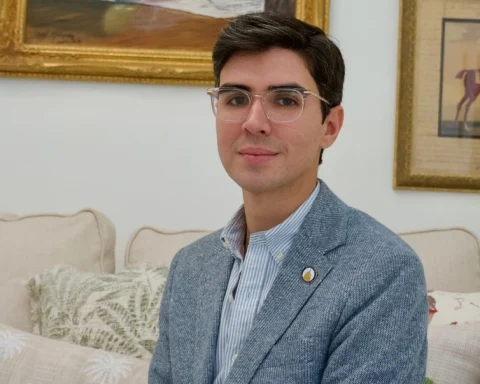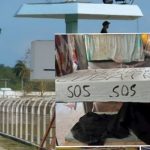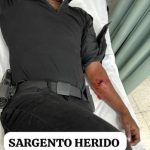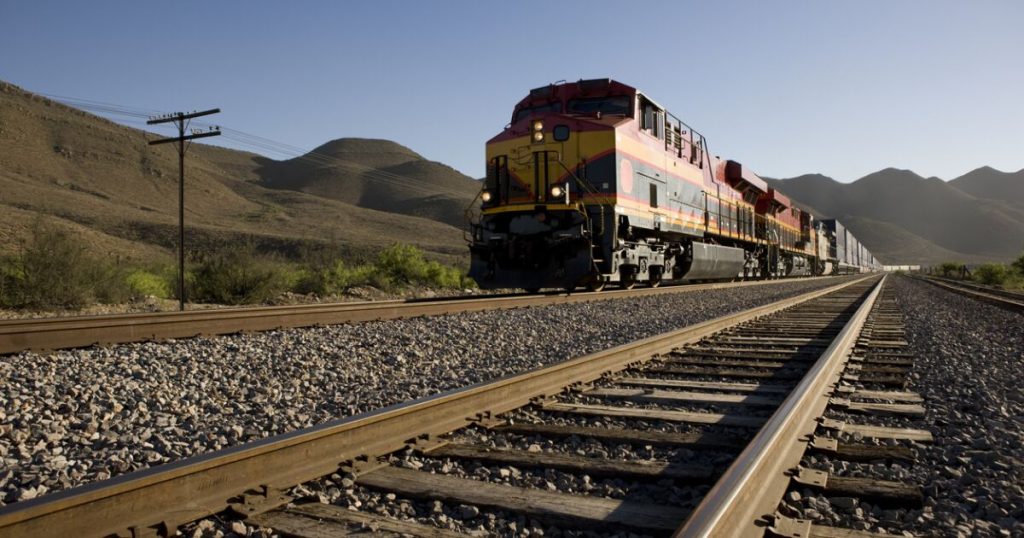HOLGUÍN, Cuba. – “You walk around and you see garbage from corner to corner. Garbage covers the sidewalks. The idea that Holguín is the cleanest city is a tale and a lie. The authorities say that there is no fuel for the garbage trucks,” says Armando Pedroso Toledo.
The former splendor of Holguín, which was popularly considered one of the cleanest cities in Cuba, has given way to neglect and decay. The rot in the streets, combined with the summer heat, creates a very unhealthy environment.

The Jigüe and Marañón rivers, which used to be vital veins of freshness and life, now carry a current of pollution. Negligence in waste collection has led to residents dumping waste into their waters, putting at risk not only to the local ecosystem but also the health of the people of Holguin.
In the city’s neighbourhoods, the situation is also alarming. “In the Aduana district, the buildings are full of rubbish; it’s a disaster,” says Gladys Moreno Téllez.

On the other hand, the proliferation of pests has become a critical problem. Cockroaches, mice and other insects transmit diseases and multiply in the middle of the city’s garbage dumps. “What health are they talking about?” asks Diosdado González Torres, referring to the contradictions between the official discourse on health and the panorama that surrounds it.

The presence of animal waste, such as horse urine and feces, exacerbates the crisis. The mixture of this waste with general rubbish creates a breeding ground for diseases and a nauseating environment. “Horse urine and feces roll all over the street,” adds González Torres.
“Holguín is dirtier than Havana; “Here, wherever you go, you see a pile of garbage thrown away,” says Leonardo Pérez Sánchez, another resident of the city.

But that is not all: the crisis is further aggravated by the lack of basic services. The lack of water and the constant power cuts not only increase the discontent of the people of Holguín, but also exacerbate the health problems. Pedro Benito Peñate sums up the situation: “There is a lot of rubbish, but that is not the only problem: we have no water, we have no electricity.”
“There is rubbish all over Holguín,” adds Manuel Roque Batista. “I live on 13th Street in the Sanfield district and it has been more than six months since a truck has come to collect the rubbish. And if you say anything, they want to put you in jail,” he concludes.
